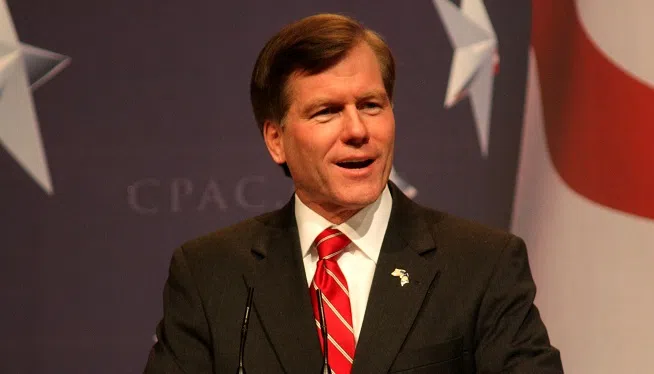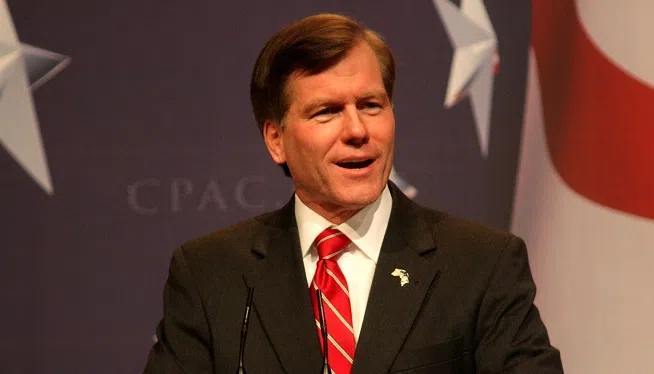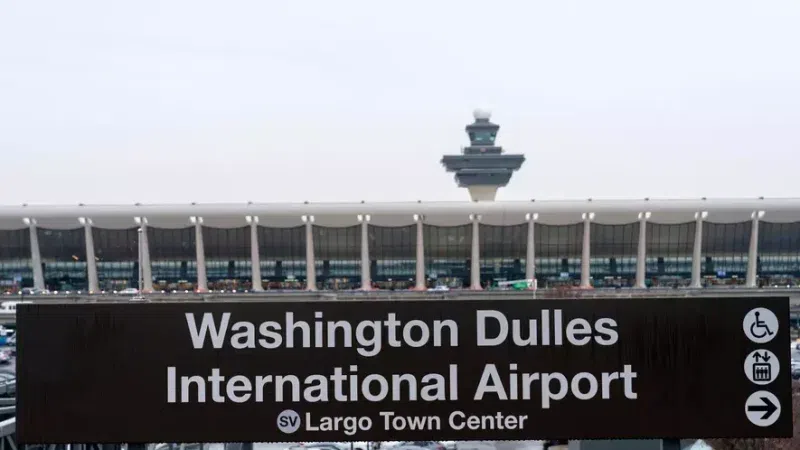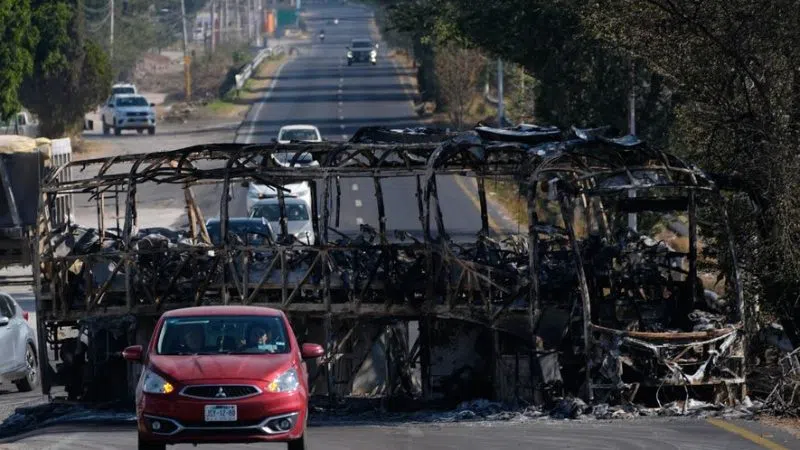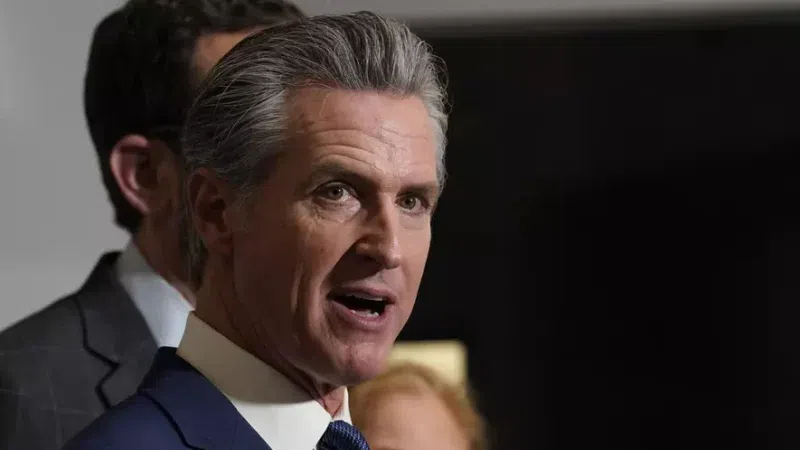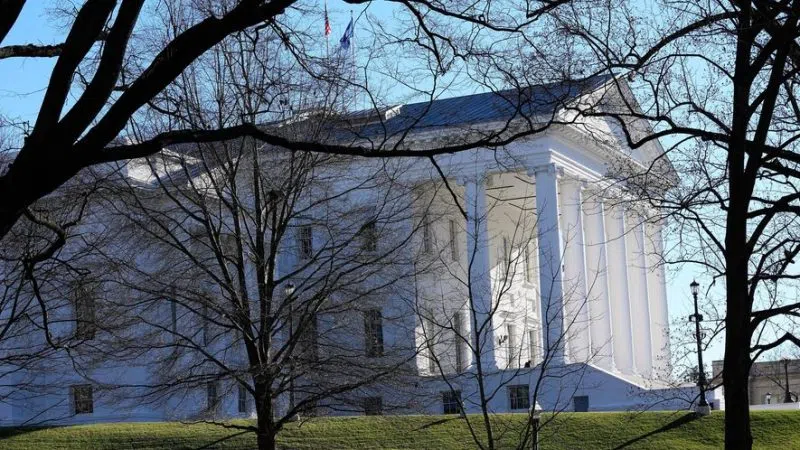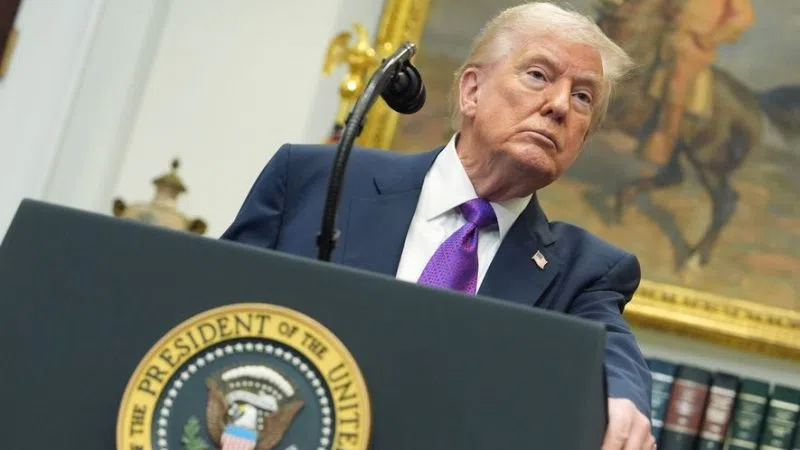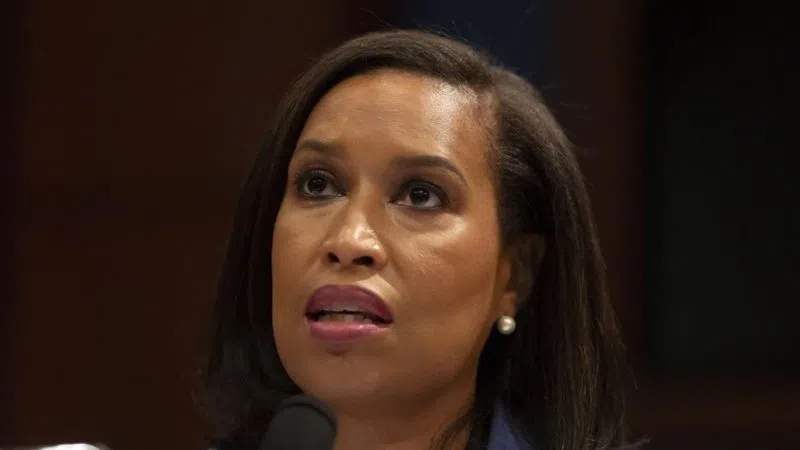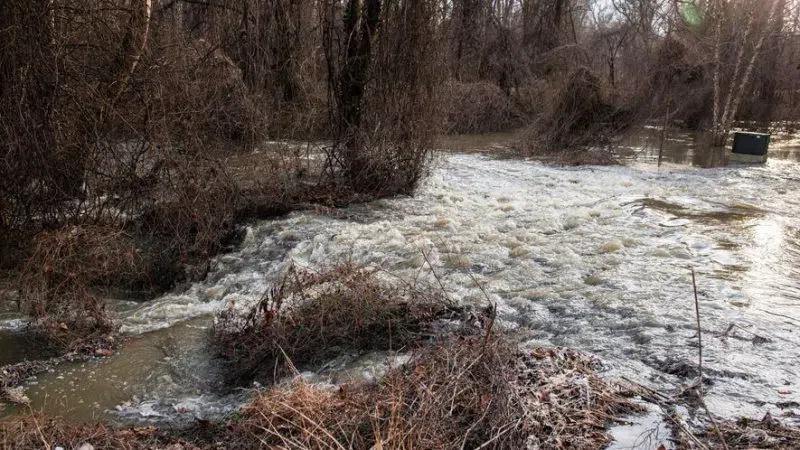(CNN)– Several Supreme Court justices seemed sympathetic to arguments made Wednesday by lawyers for former Virginia Gov. Bob McDonnell, once a rising star in Republican politics who fell from grace after a conviction on public corruption charges.
Justices questioned the scope of federal laws prosecutors used to convict McDonnell and their impact in other contexts and cases, and struggled with the line public officials must cross before committing an “official act” that could trigger corruption statutes.
Chief Justice John Roberts pointed out that former White House counsels on both sides of the aisle are concerned with how the lower court ruled, calling their brief in support of the former governor “extraordinary.”
Justice Stephen Breyer was the most vigorous questioner of the government, concerned that the Justice Department could wield “enormous power” and could be “overzealous” over elected officials. And Justice Elena Kagan pressed for a line between exercising influence and simply arranging meetings.
The lively arguments marked the last case to be argued this term, which took an unexpected turn with the sudden death of Justice Antonin Scalia in February. The eight justices will now turn their full attention to dealing with the remaining cases, trying to find consensus and avoid deadlocking 4-4 on issues such as abortion, Obamacare and immigration.
McDonnell sat in the second row of the spectator section next to his wife, Maureen, during the 60 minutes of oral arguments. After the arguments, McDonnell said he was “incredibly” satisfied that the court had agreed to take up his case and “exceptionally thankful” to his family.
McDonnell, who was sentenced to two years in prison and currently out on appeal, is asking the Supreme Court to reverse his conviction.
The case centers around the question of just what constitutes the scope of an “official action” under federal corruption law — essentially, what lawmakers can and cannot do. It is being carefully watched not only by those who appear before public officials, but by public officials themselves who are concerned about the boundaries they face when interacting with constituents, donors and business leaders.
McDonnell was convicted of 11 counts in 2014 by a federal jury that found that he violated the law when he received money and loans from Jonnie R. Williams, the CEO of a Virginia based company called Star Scientific. Williams at the time was seeking state support in a bid to get FDA approval for a dietary supplement his company was developing called Anatabloc.
McDonnell, and his wife Maureen McDonnell, “solicited and secretly accepted more than $175,000 in money and luxury goods …. The funds included loans, deluxe shopping trips, golf outings and a Rolex watch,” Solicitor General Donald Verrilli wrote in court papers. “In return, petitioner agreed to use the power of his office to help Williams’s company.”
But McDonnell’s lawyers say that the governor’s actions were limited to routine political courtesies such as arranging meetings, asking questions and attending events and that he never exercised any government power on behalf of Williams.
Noel Francisco, a lawyer for McDonnell, argues that the lower courts stretched “corruption laws beyond recognition.”
“This case marks the first time in our history that a public official has been convicted of corruption despite never agreeing to put a thumb on the scales of any government decision,” Francisco argued in court papers.
He said that the government’s position in the case puts “every federal, state and local official nationwide in its prosecutorial crosshairs.”
“Williams never received anything beyond a little time from a few officials,” Francisco wrote.
Francisco also argued that the district court failed to adequately question prospective jurors about pretrial publicity.
The-CNN-Wire ™ & © 2016 Cable News Network, Inc., a Time Warner Company. All rights reserved. (PHOTO: Flickr user Gage Skidmore)
